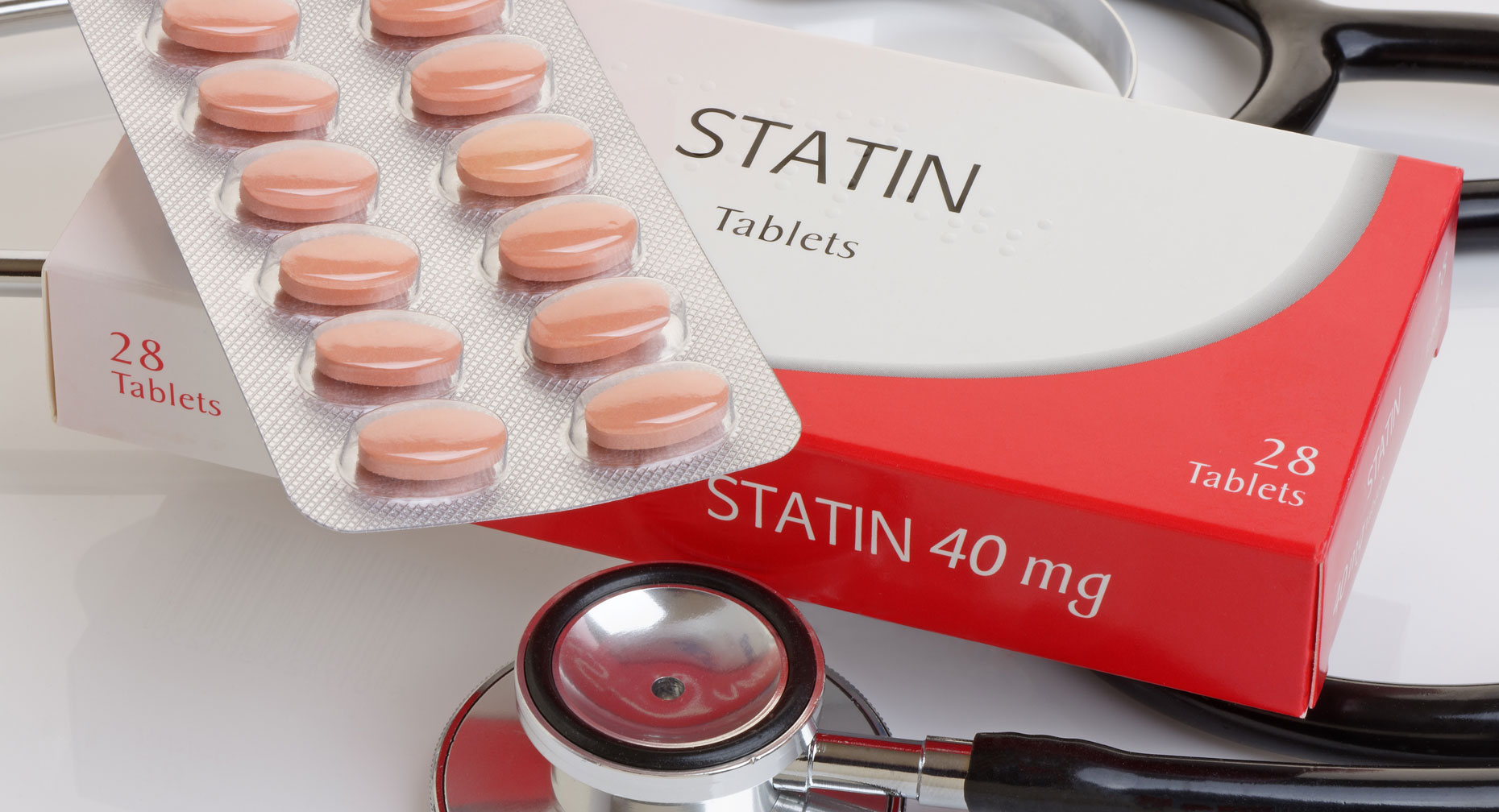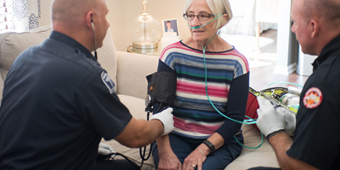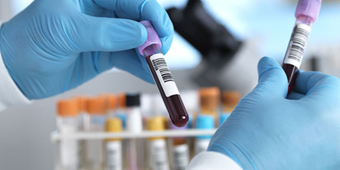Statins: High Power Against High Cholesterol

Answer a few questions and we'll provide you with a list of primary care providers that best fit your needs.
When you’re trying to head off high cholesterol, most likely you’ll need to make some lifestyle changes. Diet and exercise can go a long way to bring your levels down. If those tactics don’t get you to your goal, taking statins may be part of the game plan.
What Are Statins and How Do They Work?
 Statins are medications that lower “bad,” or LDL cholesterol, a waxy material that occurs in all parts of your body. The cholesterol in your blood comes from two sources: your liver, which naturally makes all the cholesterol your body needs, and the food you eat.
Statins are medications that lower “bad,” or LDL cholesterol, a waxy material that occurs in all parts of your body. The cholesterol in your blood comes from two sources: your liver, which naturally makes all the cholesterol your body needs, and the food you eat.
High blood cholesterol puts you at risk for heart disease and stroke. While you can take steps to lower your cholesterol, like exercising, losing weight or quitting smoking, you may also need statins to achieve a healthy cholesterol level.
It may come as a surprise that you actually need cholesterol for your cells to work properly. But not all cholesterol is good for you. Bad (LDL) cholesterol can contribute to plaque buildup in the arteries, also known as atherosclerosis. That buildup is linked to a higher risk for heart attack and stroke. “Good,” or HDL cholesterol helps remove cholesterol from the blood, which keeps harmful plaque from building up in your arteries.
Why Choose Statins Over Other Medications?
While other medications can lower blood cholesterol, statins are often the first choice. They are the only cholesterol-lowering drug that has been directly linked with reduced risk for heart attack and stroke.
High blood cholesterol puts you at risk for heart disease and stroke
Statins work in the liver. They stop cholesterol from forming, which means there’s less cholesterol circulating in your blood. Statins are best at lowering bad cholesterol. They can help lower triglycerides (blood fats) and raise good cholesterol. Common statins include simvastatin, atorvastatin and pravastatin. Talk with your doctor about what treatment plan is right for you.
What Are Possible Side Effects?
Like many medications, statins can cause side effects. However, most are mild and disappear with time. Be sure to talk with your doctor about possible risks and benefits. Side effects include:
- Muscle pain or weakness
- Nausea, constipation or diarrhea
- Liver and kidney damage
Patients who are pregnant or have active or chronic liver disease should not take statins.
Answer a few questions and we'll provide you with a list of primary care providers that best fit your needs.
Source: American Heart Association; JAMA




